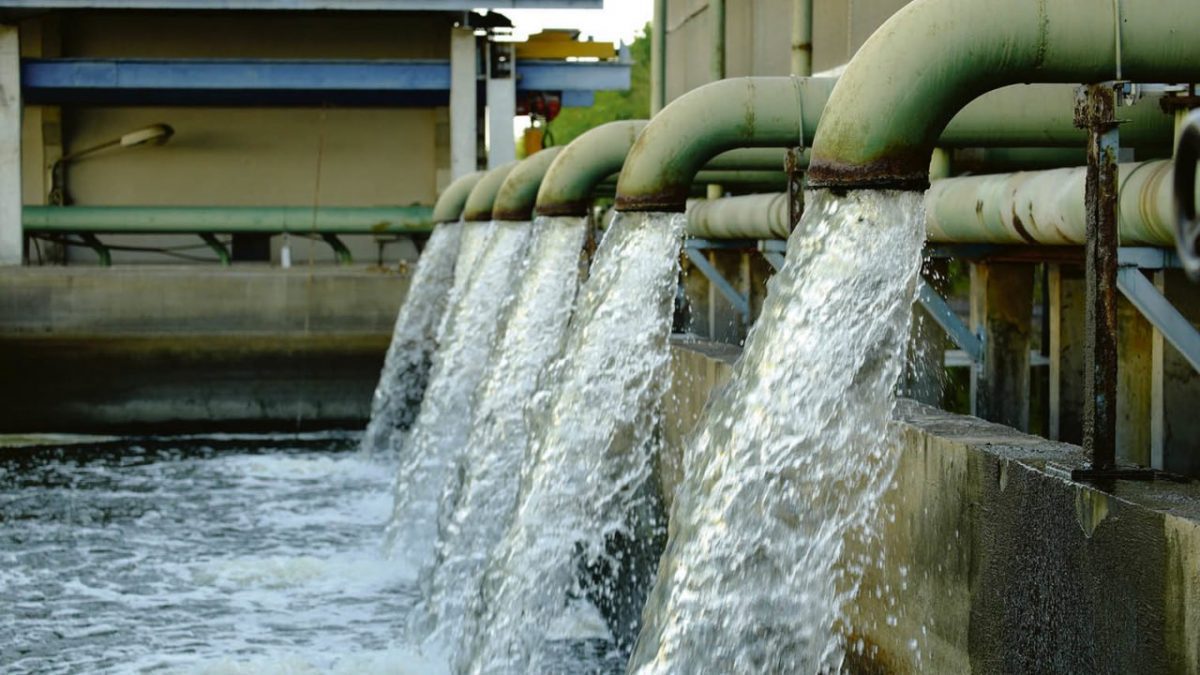In the face of abundant rainfall causing dams to overflow, Nairobi residents will continue to face water rationing, according to Nahason Muguna, the managing director of the Nairobi City Water and Sewerage Company (NCWSC).
Despite the surplus water, Muguna explained that the extensive treatment process is a key factor in the ongoing restrictions.
Read also: Salasya Faces Arrest Over Alleged Threats to Magistrate
“Nairobi City County has four sources of water, namely Kikuyu Springs, Ruiru, Sasumua, and Thika Dams. The water is treated in Ngethu, Sasumua, Kabete, and Kikuyu Water Treatment Works,” Muguna stated, emphasizing the necessity of water treatment before consumption.
![Nahason Muguna, the managing director of the Nairobi City Water and Sewerage Company. [Photo/Courtesy]](https://news.switchtv.ke/wp-content/uploads/2023/11/NAHASHON-MUGUNA.jpg)
The NCWSC currently boasts a treatment capacity of 525.6 million litres per day, a figure that falls short of the city’s demand, which stands at a staggering 870 million litres. The disparity in capacity and demand is a primary reason behind the persistent water rationing.
Muguna added, “The city water supply system is limited to the installed production capacity, and this is why the supply will remain constant.”
Despite this challenge, efforts are underway to bridge the water demand and supply gap. Muguna highlighted significant projects by the National and County governments to enhance water supply in Nairobi.
“The Northern Collector Tunnel Phase 1 Water Project, commissioned in March 2024, is expected to deliver an additional 140 million litres of water to the city per day,” Muguna announced, providing hope for increased water availability.
He continued, “The Karimenu Dam Water Project, in its final stages of completion, is set to deliver 23 million litres of water per day to the city by the end of 2023.”
Muguna revealed that both Nairobi County and the National government secured Ksh 15.3 Billion in funding for the development of Phase II of the Northern Collector Tunnel in Murang’a. “The tunnel will provide an additional 120 million litres of water per day,” he affirmed.
Subscribe to Switch TV
Muguna assured residents that once these projects reach completion, citizens can expect a significant improvement in water supply frequency. “City residents will receive water at least thrice a week,” he promised, offering a ray of hope for a future with less stringent water rationing.
















